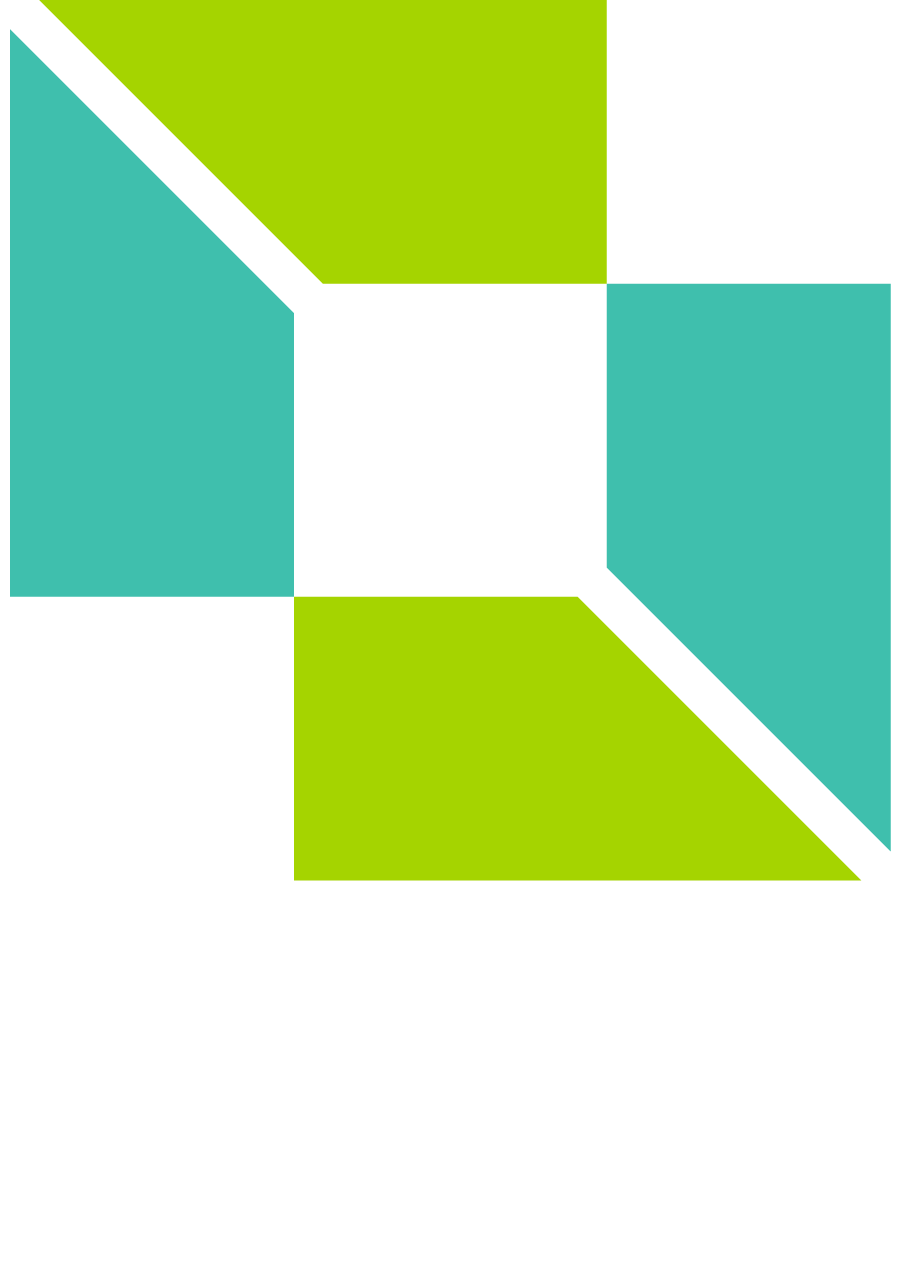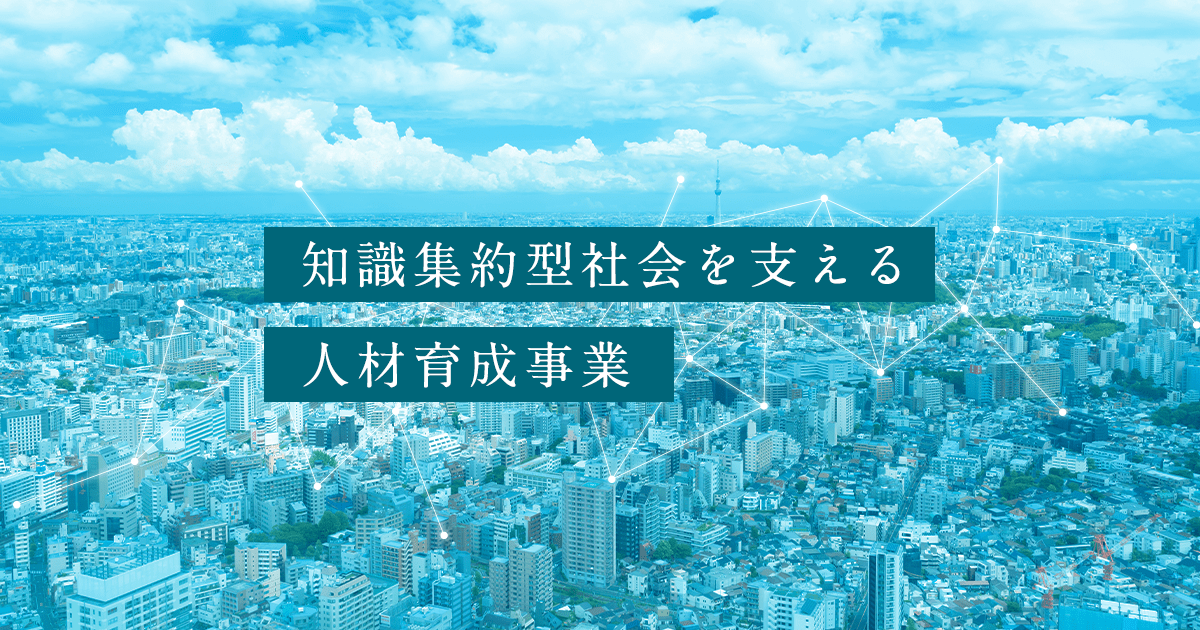Symposium of schools selected by MEXT, "Project for Human Resource Development to Support a Knowledge Intensive Society"
A symposium of schools selected by the Ministry of Education, Culture, Sports, Science and Technology's (MEXT) "Project for Human Resource Development to Support a Knowledge Intensive Society" was held online and attended by around 150 people from all over Japan.
Kanazawa University hosted the symposium, which was co-hosted by eight other selected universities (NUCB Undergraduate School, Waseda University, Chiba University, Niigata University, Shinshu University, Taisho University, Tokyo City University, and Azabu University), and opinions were exchanged regarding the unique education at each university.
About the Project
The "Project for Human Resource Development to Support a Knowledge Intensive Society" is a project subsidized by the Ministry of Education, Culture, Sports, Science and Technology (MEXT).
It is said that we have arrived at a "knowledge-intensive society" where social issues are solved and new values are created by consolidating diverse knowledge from around the world. Therefore, the field of education is required to think about and discuss how to solve problems and transform society by consolidating knowledge and data, rather than simply cramming knowledge into classrooms.
Introducing Intensive Education at NUCB Undergraduate School
NUCB, Waseda University, and Chiba University took the stage in breakout session 3 of the symposium to engage in a lively discussion on Intensive Education.
From NUCB, Professor Yuji Ono, Dean of the Faculty of Commerce, gave a presentation on the "Faculty of Commerce Method," which combines the "case method" and "field method," a unique combination in Japan.
The "case method" is the principal learning methodology that we use at NUCB. The case method is a learning methodology built on learning by doing and which aims to prepare students for strategic decision-making in companies through the practice of real situations.
When this "case method" is deployed to undergraduate students with little business experience, the "field method" is introduced to enhance the learning effect of the case method by giving them actual business experience outside the university. This intensive development will further enhance the effectiveness of the case method and lead to the development of future leaders.
Towards Future Development
Through this symposium, we were able to exchange opinions on the possibility of human resource development to support a knowledge-intensive society, the characteristics and progress of each university, and issues to be addressed in the future. We look forward to the exchange of information among the selected universities and the further development of this project at each university in the future.

 Download
Download
 Infosession
Infosession
 Application
Application
 Open Campus
Open Campus




